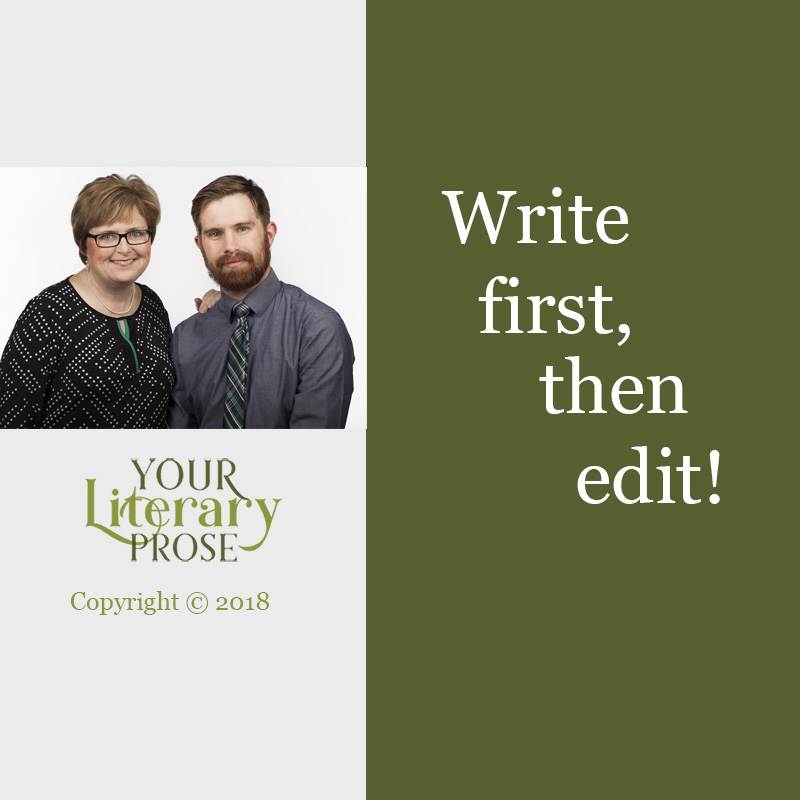 This week’s #TuesdayTip is: Write first then edit. It makes sense that we cannot edit something we have not written yet but the real meat of this tip is to make sure we don’t edit too quickly.
This week’s #TuesdayTip is: Write first then edit. It makes sense that we cannot edit something we have not written yet but the real meat of this tip is to make sure we don’t edit too quickly.
Writing Is Not Editing
Again, this might seem a bit obvious to you, writing is not editing. So remember that! When you are writing your book make sure you keep the writing and editing process separate. There are countless strategies writers have shared about their process but one thing is true no matter what: you can’t write and edit at the same time. What this all boils down to is you are not as effective when you write a sentence or paragraph and then immediately go back to edit (change) what you just wrote. You are going to make more progress on your book if you can sit down and just get it all out of your head before you begin to edit.
Writing and editing use different areas of your brain. While language centers are used in both, writing is more of a creative process while editing is more analytical. You are going to make better use of your available brain power if you are not consistently going back and forth between these different process because you can truly focus on one area at a time.
Write First
What I tend to do when writing is go through and brain dump everything I can think about at once. I don’t worry about spelling, punctuation, grammar, or anything else. I only worry about getting my thoughts on the page. Depending on your project this might look a little different. For example, a blog of this length might take you 20 minutes and you can easily share all of your thoughts at once. A book on the other hand is much longer and unless you’re doing some kind of illegal drug (please don’t do this!) you’re not not going to be able to spit out 200+ pages of a book at once. So divide your book into manageable sections and write within those sections. What is important is you spend your time doing nothing but writing during your time.
Edit Later
First off, it’s okay to self-edit your book but self-editing is only good to a point. You are always going to need to work with an outside editor to make sure you book is professional. Here is the next time, don’t immediately go back and edit what you just wrote. When you self-edit you tend to skip over errors because you know what you are trying to say. If you have just written what you are editing you are more likely to gloss over these errors. Again, it’s going to depend on your project but I would make sure you have ample time to “forget” what you wrote. I would suggest at least one full day between writing and editing but it might make more sense to focus solely on writing and only take the time to self-edit when you project is complete.
No More Excuses: Write First, Edit Later
Not only do we lose productivity and miss errors when we try to write and edit at the same time, we can also use the editing process as an excuse to not write. I know I can get like this sometimes. We can feel like what we are writing is not good enough to move on but in all reality your first, second, or third drafts are all going to have changes. Nothing is going to be perfect when we first write so take the time you need to separate yourself enough to make sure you have fresh eyes when you come back to complete your self-edit.
Once you have your self-edit completed you can then send your project off to a professional editor who will help you craft your book into the polished product we see on a bookstore shelf. If you are ready for your book to be edited, we’ll be happy to help.

Leave a Reply